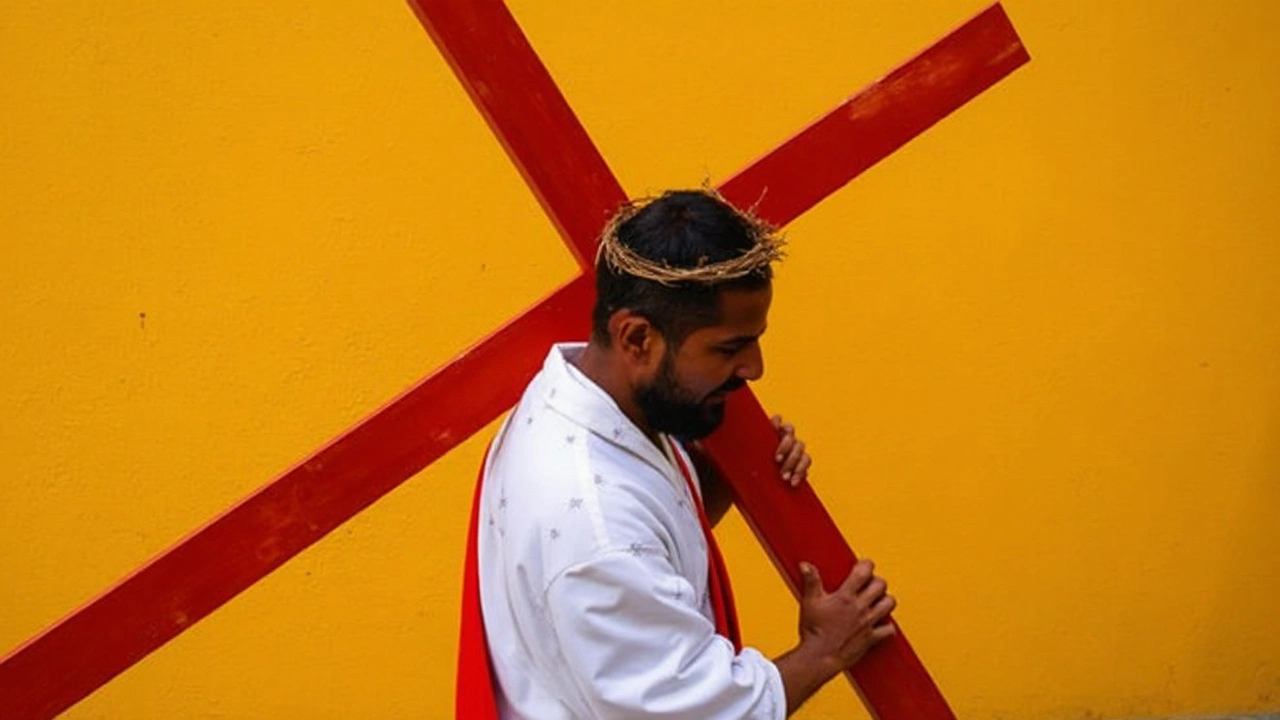Christian traditions across Africa and the world
Christian traditions shape daily life for about 2.3 billion people, but they don’t look the same everywhere. From silent prayer in a cathedral to drumming and dancing in a village church, what you’ll see depends on history, denomination and local culture. This tag gathers news, practical guides, and real stories about those different traditions.
Common rituals and what they mean
Baptism marks entry into the Christian community. Some churches sprinkle water, others immerse you fully. Communion (also called the Eucharist or Holy Communion) remembers Jesus’ last meal—some churches use wine, some grape juice, and some welcome everyone while others reserve it for members.
Prayer and worship styles vary a lot. Liturgical churches follow a set order with readings and creeds. Pentecostal and charismatic churches emphasize spontaneous prayer, healing, and speaking in tongues. Fasting and seasonal observances—like Lent before Easter—change how communities live for days or weeks.
Weddings and funerals also show deep tradition. Christian weddings range from private vows to big public ceremonies with music and feasts. Funerals blend mourning and hope: many services include scripture readings, hymns, and a focus on life after death.
How Christian traditions play out in Africa — practical notes
African Christianity is rich and varied. Ethiopian and Coptic churches keep ancient liturgies and unique calendars. Anglican and Catholic churches often mirror European styles but add local languages and music. Pentecostal and independent churches across Africa bring energetic worship, lively choirs, and community programs.
Local culture changes how rituals feel. Expect longer services, call-and-response singing, and more movement in many African churches. Healing services and prayer for physical needs are common, and community support—helping with food, schooling, or funerals—is a big part of church life.
Visiting a service? A few simple tips: dress modestly, arrive on time or a bit early, follow the congregation’s lead during prayers and singing, and ask before taking photos. If you’re offered communion, check whether it’s open to visitors—some churches welcome everyone, others don’t.
Want to learn more? Read personal stories to see how faith shapes daily choices, or check our guides on holidays like Easter and Christmas to understand local dates and customs. We also cover debates—how traditions change and what that means for communities.
Curious about a specific practice or region? Use this tag to find news and explainers that focus on both the rituals and the people who live them. Whether you’re researching, visiting, or simply curious, these posts make traditions clear and practical.
